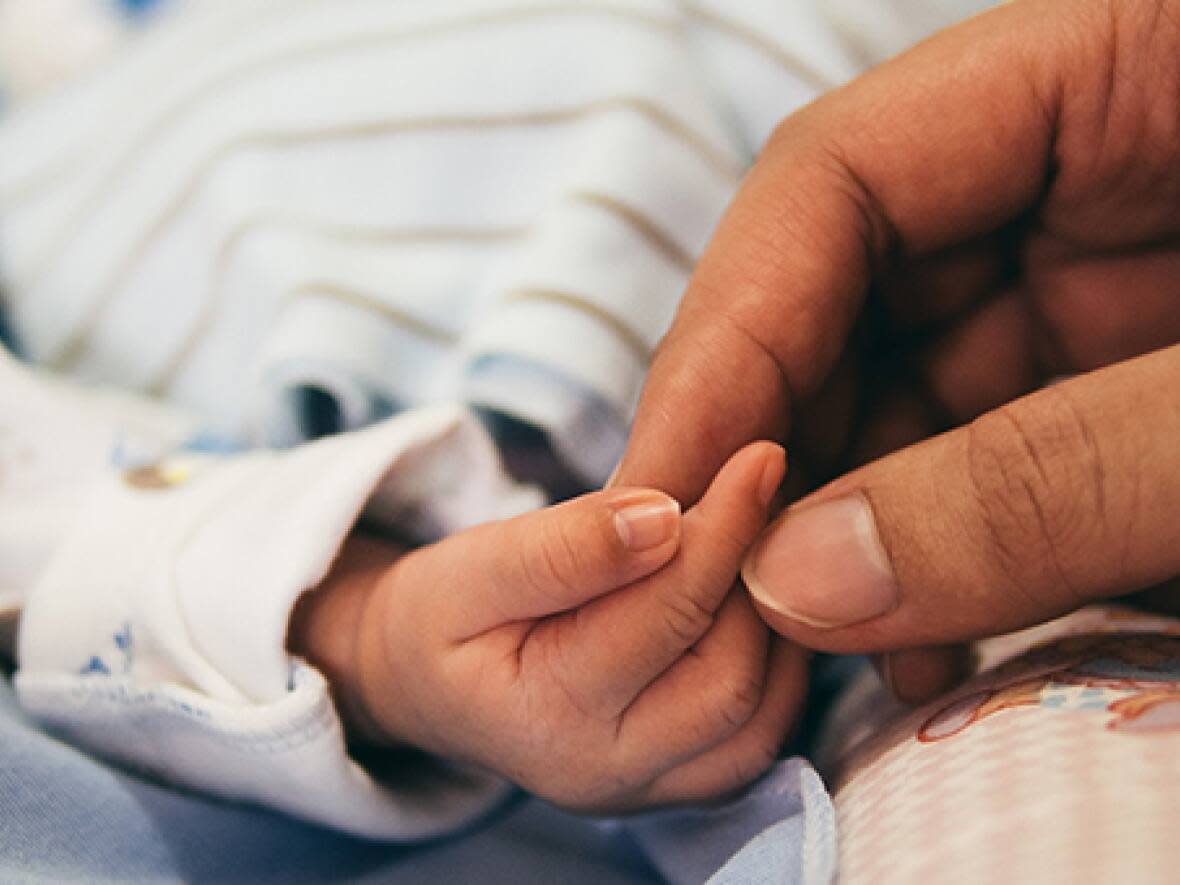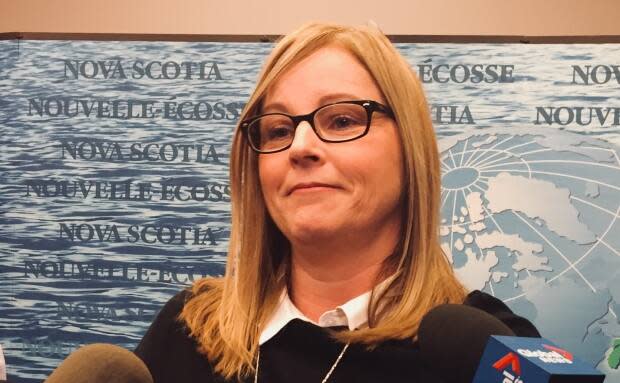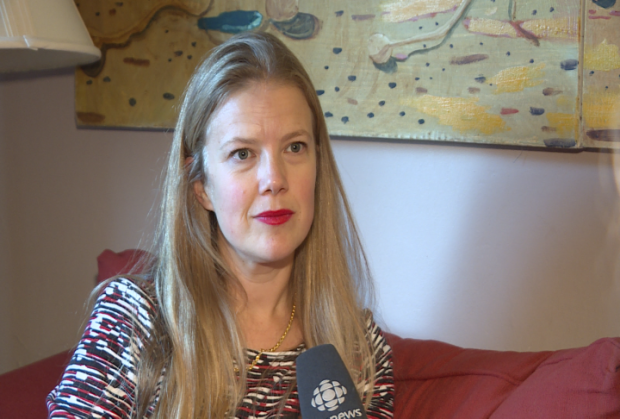Nova Scotia ends use of controversial birth alerts but calls for change persist

Nova Scotia has announced it will immediately cease the use of birth alerts — a practice widely condemned for targeting people of colour — as it shifts toward a preventative system that supports families early on.
But an advocate reacting to the change Tuesday said there is still work to be done in Nova Scotia, which was one of the last provinces to still use the controversial alerts wherein a newborn can be seized.
"This announcement is overdue, so we're not applauding it," said Martha Paynter, founder of Wellness Within, a registered non-profit organization in Halifax that works to advance reproductive health, social justice and prison abolition.
Child welfare services issue a birth alert to hospital staff if they believe an expectant person is high risk and their newborn may need protection.
A 'disproportionate effect'
In 2019, the National Inquiry into Missing and Murdered Indigenous Women and Girls stated that birth alerts are "racist and discriminatory" and called on governments to immediately ban the practice.
Paynter said she and other advocates have been fighting to end birth alerts since the Truth and Reconciliation Commission reports in 2015 called upon federal, provincial, territorial, and First Nations governments to commit to reducing the number of Indigenous children in care.

Karla MacFarlane, Nova Scotia's minister of community services, acknowledged Tuesday in a news release the "disproportionate effect" birth alerts have on "African Nova Scotian and Indigenous families and other marginalized women."
She said the province will be creating a family connections co-ordinator position to help expectant families that are struggling by making counselling, prenatal services and other parenting supports more accessible. Participation will be voluntary.
"If we can provide those services and make it more accessible, then there will be less of a need for birth alerts," MacFarlane said in an interview.
"There will not be moving forward without actually having the expectant parents involved and making sure that everything is voluntary on their end."
She said the result will be "a more humane approach or human-centred approach."
80 birth alerts in 2020-21
According to the province, 100 birth alerts were issued in 2018-19; 95 in 2019-20; and 80 in 2020-21.
Paynter said while the new family connections co-ordinator will be a start, it's not enough to properly provide support that's culturally safe with an emphasis on harm reduction.

"Historically, there have been 100 or so birth alerts per year, and it really seems mathematically improbable that a single person representing the entire province could support 100 families," said Paynter.
Without the necessary resources, Paynter said responsibility could fall on the shoulders of overextended community organizations.
"There's a lot of downloading of responsibility onto community non-profit, underfunded community organizations, including Miꞌkmaw and African Nova Scotian [organizations], without adequately funding this sector," she said.
Calls for change
A government news release announcing the change included a comment from Trina Fraser, the executive director of the East Preston Day Care and Family Resource Centre, who called for greater focus on community supports.
"There have been many hurts over the years, some of which we may never be able to get past," said Fraser. "However, with the right supports in our communities and from our communities, there can be real and meaningful change."
The Community Services Department said it will continue to work with families if there are needs after a child is born to mitigate risk.
Paynter said there is still a long way to go when it comes to rebuilding and repairing the relationships with Indigenous communities and Black Nova Scotians.
"The ban on birth alerts, of course, has to happen, but we have to see a commitment with meaningful action to bring families out of poverty in this province," she said.
MacFarlane, who is in the middle of visiting various First Nations communities throughout the province, said she is making an effort to be accessible as minister.
"I want this dialogue to continue, and I want us to be able to uplift each other and learn from one another," said MacFarlane.
"I'm all about building relationships and having transparent, sometimes really difficult conversations, but I'm always there to have them."
MORE TOP STORIES


